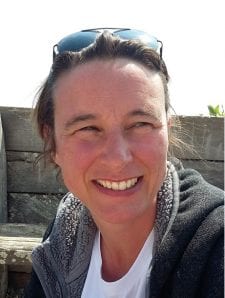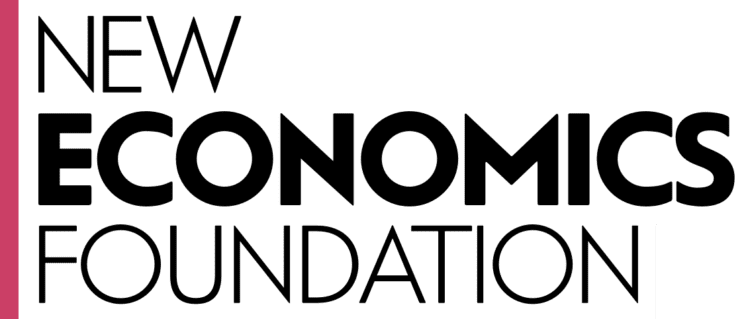Design and delivery of public services, with the people they serve.
This workshop explains how to use the co-production approach. Co-production brings the people local authorities serve into the heart of service design and delivery. People are no longer passive recipients of services, but equal partners in their design and delivery. Highly empowering for all, the approach leads to better outcomes through better designed services, delivered in a more efficient and effective way.
The New Economics Foundation believes that co-production is the most effective way to achieve outcomes with people. It is a relationship where professionals and citizens share power to design, plan and deliver support together, recognising that both partners have vital contributions to make in order to improve quality of life for people and communities.
We have condensed much of our knowledge and expertise along with practical guidance into a short, introductory, workshop.
What you will learn
Over six hours you and your team will gain:
- A greater knowledge and understanding of co-production and other asset based approaches including appreciative inquiry.
- Practical experience of using tools and techniques that can support and deepen co-production, with examples of where this is working elsewhere the UK.
- The confidence to question and shape current practice to build an understanding of how co-production can affect you and the groups you commission.
The programme – an outline
This is an example only.
| Session One – 3 hours including a short break |
| Introductions: Setting the context. |
| An introduction to asset based approaches A case study – understanding how asset based approaches work. |
| Co-production The theory behind co-production, how it differs from other forms of engagement, and real life examples to demonstrate how it can work on the ground. |
| Practical implementation of co-production Changing our conversations. A practical activity to demonstrate how to use co-production during the initial stages of service re-design. |
| Session Two – 3 hours including a short break |
| Reflections from session one |
| Practical implementation of co-production Appreciative inquiry. A presentation and practical activity to build participants’ knowledge and understanding of AI. |
| Overview of other methods 100 days challenge; customer journey mapping; story telling |
| Using co-production in our work What’s had real meaning? What has challenged us? What is possible? |
We can also offer this group training condensed, as a briefing. Please contact us to discuss your needs.
Who is it for?
Assistant directors, commissioners, policy officers and anyone else with, or working with those who have, responsibility for commissioning and purchasing services.
Who will be running the workshop?
Helen Sharp, Associate, NEF Consulting

Helen works with NEF Consulting, as an associate, on supporting local authorities, CCGs and voluntary sector organisations to rethink the role of citizens in the commissioning and delivering of public services. She leads our training on outcomes-based commissioning and co-production.
For more information click here.
